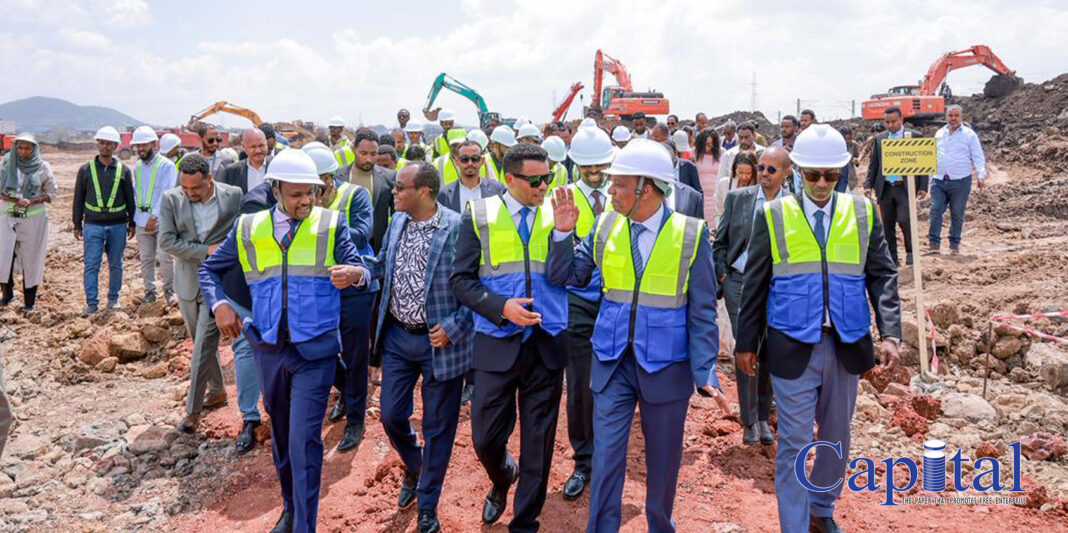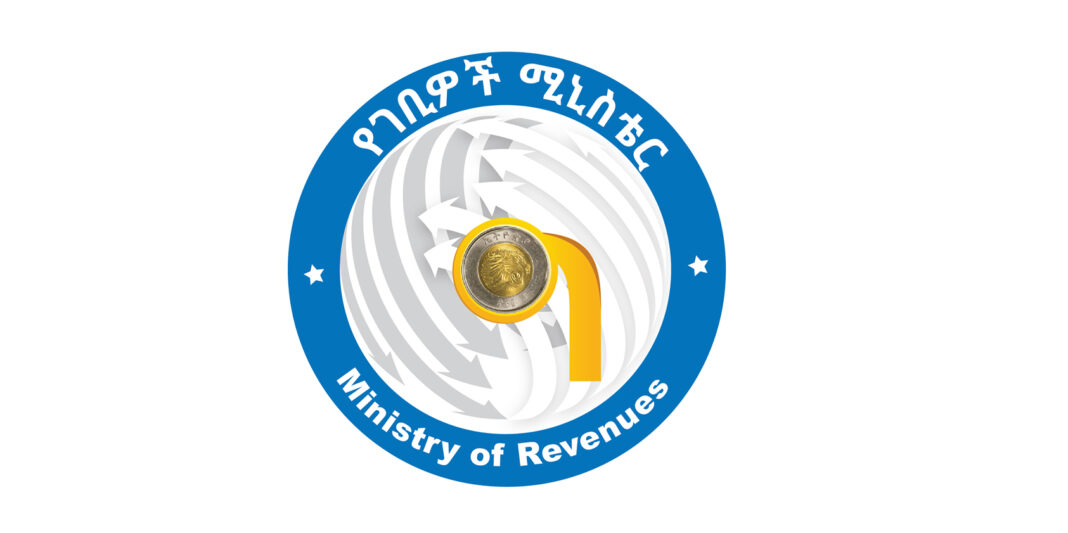The Ethio-Djibouti Railway (EDR) SC is undergoing a significant transformation into a holding company, driven by a newly secured World Bank project. This strategic shift positions the railway operator as a vital contributor to engineering and human development within Africa’s transport sector.
CEO Takele Uma announced this initiative during the launch of EDR’s first privately financed railway project, a three-kilometer line in Gelan. He emphasized the company’s renewed focus on three core areas: railway operations, global logistics, and a newly created engineering business division.
In addition to its primary railway operations, EDR has expanded into logistics with the establishment of EDR Global Logistics, a division dedicated to multimodal cargo transport.
“This is a natural evolution for us,” Takele stated. “We are upgrading to a holding company to better manage our expanding portfolio. Our engineering division will focus on highways, railways, and ports—including dry ports—all critical components of the logistics chain.”
EDR’s confidence in its engineering capabilities is backed by a proven track record.
Company officials noted that their engineers have successfully completed complex infrastructure rehabilitations in just days—projects that others estimated would take months.
“Our engineers have the capacity to undertake full-scale railway construction, having played a key role in the original project from Djibouti to Addis Ababa,” an official from the engineering division remarked.
A major driver of this expansion is EDR’s success in securing a significant World Bank-funded project in Dewale, a border town in the Somali region.
This project involves the construction of a joint Ethiopia-Djibouti port and customs facility, referred to as a “common customs” post.
In Dewale, EDR is developing a free logistics port, a pioneering facility in Ethiopia that merges free trade zone principles with dedicated logistics infrastructure. The Somali region has already allocated 200 hectares of land for this initiative.
EDR’s continental strategy focuses on two key areas: training and engineering. The company is establishing a “Training Excellence Center,” which has already begun training 50 personnel from Ethiopia and Djibouti in areas such as train operation, infrastructure development, and safety.
“We have recruited both local and foreign experts who are leaders in the sector to provide this training, and we are already in discussions with other African countries to offer our services,” the CEO told Capital.
On the engineering front, EDR is actively bidding on projects across several African nations, with details to be announced later.
The drive for private sector involvement is also gaining traction. EDR is conducting feasibility studies for several businesses along its corridor, including the Dire Dawa Free Trade Zone and the National Cement Factory in Dire Dawa, to connect them to the mainline.
In a landmark agreement, AMG Holdings became the first private company to engage EDR for railway infrastructure development. The project, which commenced on Thursday, October 10, aims to construct two rail lines connecting the AMG Industrial Park to the main Ethio-Djibouti Railway network and the Endode Railway Station within six months.
AMG Holdings noted that this connection will significantly lower its cargo transport costs and align with its environmental sustainability goals.
With a clear strategic vision, proven expertise, and the support of a major World Bank project, the Ethio-Djibouti Railway is set to become a pan-African leader in integrated transport and logistics solutions.







